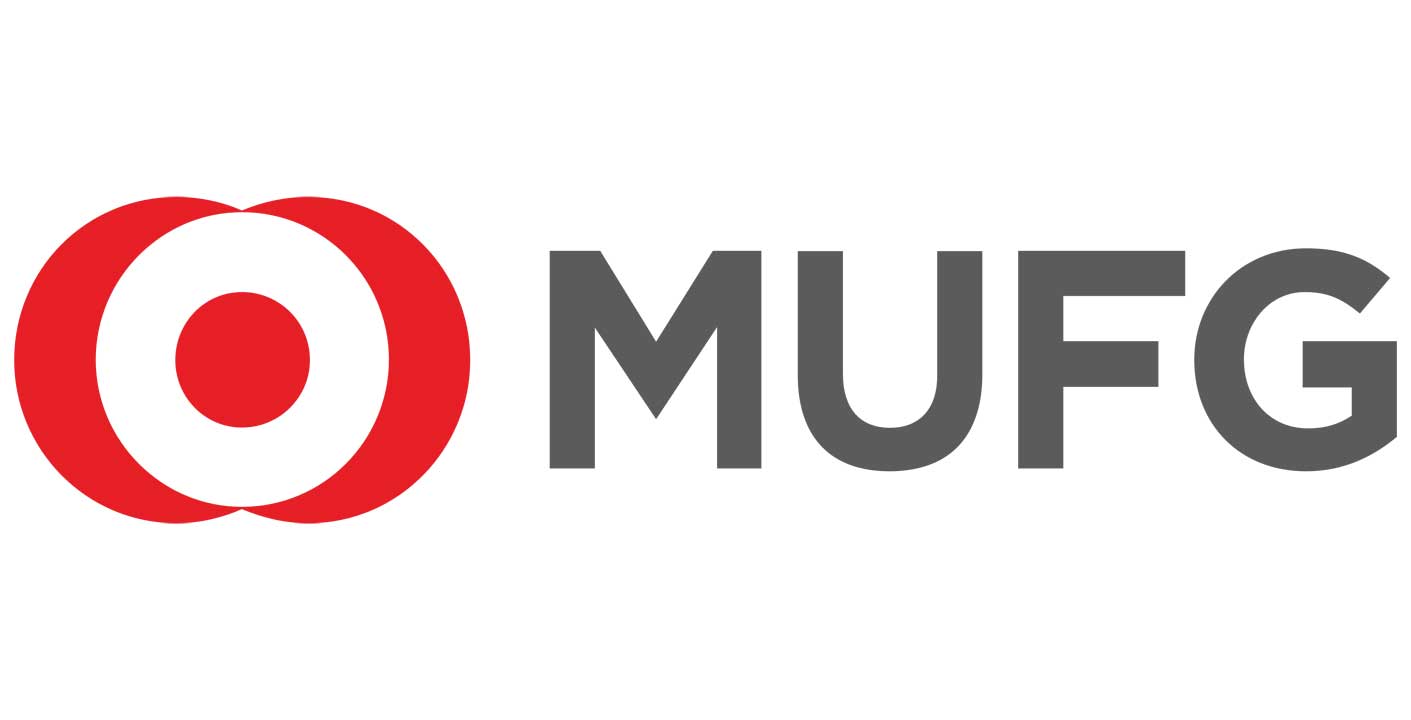Mitsubishi UFJ targets Asia unicorns with debt-finance fund

Mitsubishi UFJ Financial Group Inc. is preparing to launch a fund that provides debt financing to Asian startups in an effort to win investment-banking business through subsequent initial public offerings.
Japan’s largest lender will start a $300 million fund early next year after upsizing its first joint-venture fund earlier this year, Chief Executive Officer Hironori Kamezawa said in an interview. It will specifically target so-called unicorns, companies with a valuation of at least $1 billion, or those nearing that stage, he said.
“If these companies become successful, they will go on to do an IPO,” he said.
The fund, mostly aimed at firms in the information-technology sector, is another demonstration of Kamezawa’s endeavors into new territory for his sprawling megabank. After taking the helm last year he’s sought to replace physical banking services and prioritize areas such as digital lending to generate new avenues of expansion to offset the tough growth outlook in Japan.
Last year, MUFG invested $700 million in ride-hailing giant Grab Holdings Ltd. and made a business tie-up with the Singapore company. He said the Grab deal was aimed at complementing its traditional retail banking network in Asia with a digital channel.
IPO NEXT
MUFG’s aim is not limited to debt financing to these startups. Kamezawa said he hopes MUFG and its alliance partner Morgan Stanley can offer investment-banking services when the startups later undergo IPOs.
“We are also thinking about teaming up with Morgan Stanley in supporting their IPO process,” he said. “There are such possibilities if Asia’s fintech industry makes further growth.”
Kamezawa said its Singapore joint venture set up last year with Israeli company Liquidity Capital M.C. Ltd. has seen strong demand for loans by startup companies in the region and was expanded to $200 million in September. The second fund, launching early next year, will operate in addition to that, with Liquidity Capital using its expertise to assess the creditworthiness of the target startups. — Bloomberg



